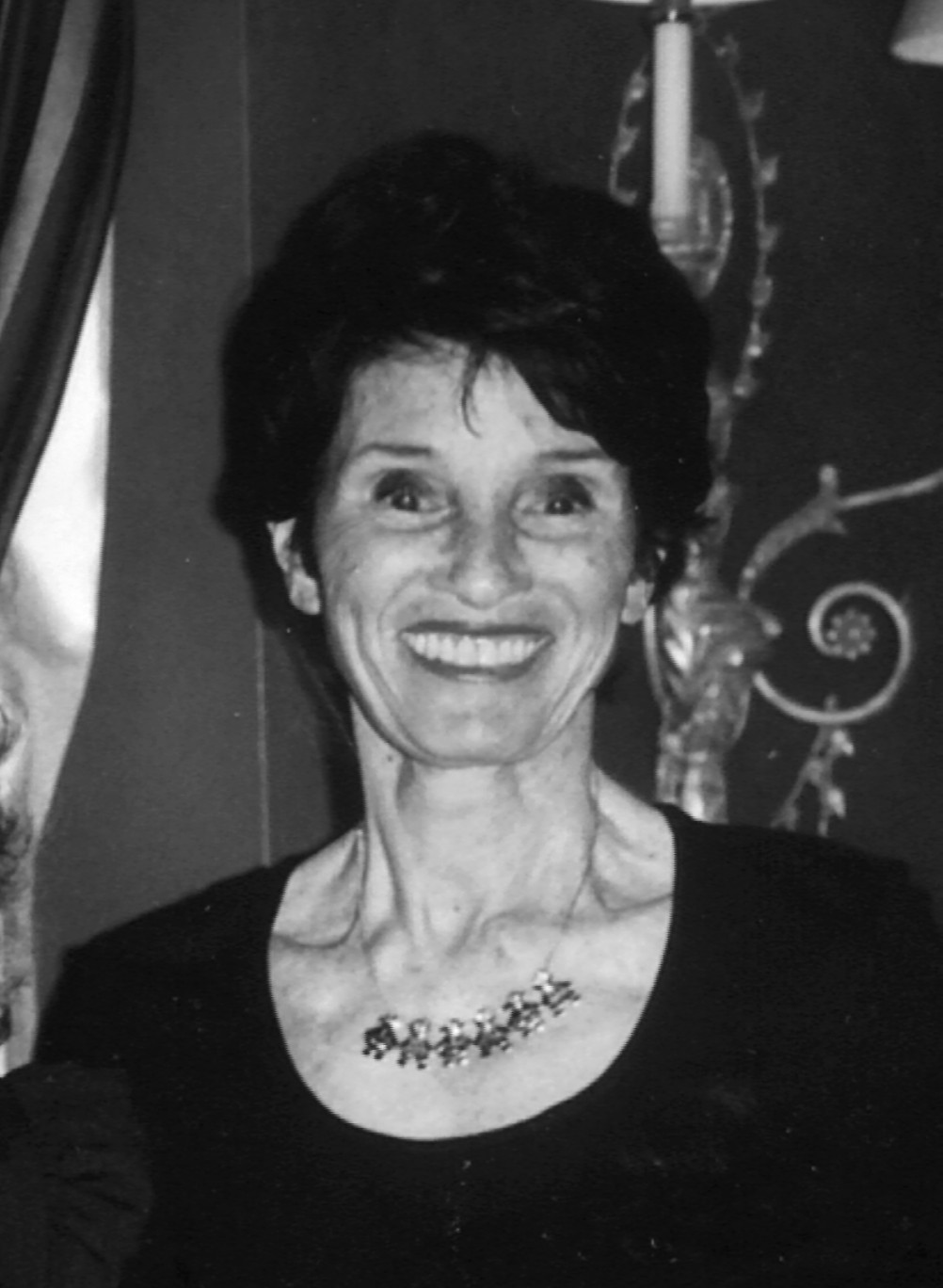All in the Family: ‘The Winslow Boy’ and ‘A Time to Kill’
We go to the theater to be transported from our daily lives (not so easy these days!), to be enriched by thought-provoking tales with a message to take home, memorable performances to savor, and direction that captures and clarifies the playwright’s intent. This critic won a theater jackpot last week with a double-header visit to “The Winslow Boy” (matinee) and “A Time to Kill”— a pair of gripping dramas that brought the thrill of a visit to times past that focused on the strength of “family”— and justice.
A magnificent ‘The Winslow Boy’
Not seen on Broadway since its premiere in 1947, the Roundabout Theater Company has brought us Lindsay Posner’s ballyhooed Old Vic revival of “The Winslow Boy,” Terence Rattigan’s tale of an upper-middle class family unwittingly embroiled in turmoil in the early 20th century. It is a brilliant primer on the testing parameters of family loyalty, with a magnificent cast that captures the emotional crises of kin brought into a very public spotlight that changes all their lives.
Based on the true story of young George Archer-Shee, 13-year old Ronnie Winslow (Spencer David Milford) arrives home in disgrace, expelled from military school for supposedly stealing a five-shilling note. With his Kensington family’s backing his case goes all the way to trial in London’s High Court. Will justice be done?
That remains for you to find out as Arthur Winslow (the magnificent Roger Rees) visibly ages and physically withers — as do this patriarch’s finances — under the strain of the long struggle to clear his young son’s name.
The effect on all the Winslows is palpable. Daughter Catherine’s (a most moving Charlotte Perry) engagement to a dashing young army officer (Chandler Williams) from an upper-crust clan is dashed by the soldier’s father. But the young woman’s strength in supporting her own family has rewards that make her the most admired of the Winslows. Brother Dickie (Zachary Booth) never touches us though — caught up in his own world of sporting diversions. If Arthur’s placid wife Gracie takes time to emerge from the shock of events to prove stalwart, the opposite is true of the very costly, wig-wearing barrister Sir Robert Morton — the best Dad’s money can retain — whom we finally meet at the Winslow’s homestead with arrogance attached like epaulets to his regal bearing.
In more than one way, Sir Morton’s softening as he comes to know and is smitten by Catherine’s strengths and beauty, makes charismatic Alessandro Nivola’s command of his role as essential to the success of this gorgeous memory play as director Posner’s inspired direction. That we are so finally moved by “The Winslow Boy” is that rare winning combination of a perfectly assembled cast and Posner’s insistence on understating the obvious: there are no actions, however well-intended, that don’t bring with them lingering waves of aftershock when it comes to family: What was — was. And in today’s cryptic terminology what remains for us all is that “life is what it is.”
With final kudos for Peter McKintosh’s superb period set and costume choices this new Rattigan revival is the realization of all our hope for the best of Broadway theater. (American Airlines Theater, 227 West 42nd Street, 212-719-1300 or roundabouttheatre.org)
A gripping, timely ‘A Time to Kill’
Rupert Holmes searing new adaptation of John Grisham’s 1988 best-seller has arrived at a vital moment in American history when “racial profiling” is once again rearing its ugly scepter with by-products of persecution and injustice.
Set in the early 1980s in and around a courthouse in Ford County, Miss., Grishman’s soul-shattering tale follows the trial of black father Carl Lee Hailey, whose 10-year old daughter is raped and brutally beaten as she carries groceries home to her family. When her father learns the awful news, knowing the two white derelicts responsible for the vicious attack will never be brought to justice in a Mississippi courtroom — blinded by rage he takes justice into his own hands and with a bleeding heart mows down his offspring’s vicious, drunken attackers.
With a sensitive young Southern lawyer Jake Brigance (perfectly understated Sebastian Arcelus) reluctantly taking on Hailey’s defense — with his only viable weapon an insanity plea, the wood-paneled courtroom becomes a stacked playing field where judge Omar Noose presides with pre-judged disinterest. The court appointed district attorney Rufus R. Buckley — Jakes opposing counsel, played by an unforgettably odious (and excellent) Patrick Page seems to have all the balls in his pocket-an unflappable warrior.
Attorney Brigance’s pockets might seem empty (a former mentor, now disbarred alcoholic lawyer Lucian Wilbanks (excellent Tom Skerritt) and the latter’s even more addled drunken witness — wonderfully played by Lee Sellars — who immediately bungles the insanity plea — things look mighty bleak for Carl. The arrival of Ole Miss law student Ellen Roark (Ashley Williams) with offers to “help out” don’t at first count for much. If you’ve never read Grisham’s novel you may not know the fiercely moving validity of the meaning of “justice will be served”— and too often it’s not. But at “A Time to Kill” you can cheer that in 2013 we still have a long way to go — but at the Golden Theater, for one afternoon, one decent, loving family man has justly won his freedom. (252 West 45th Street, Telecharge at 212-239-6200)






